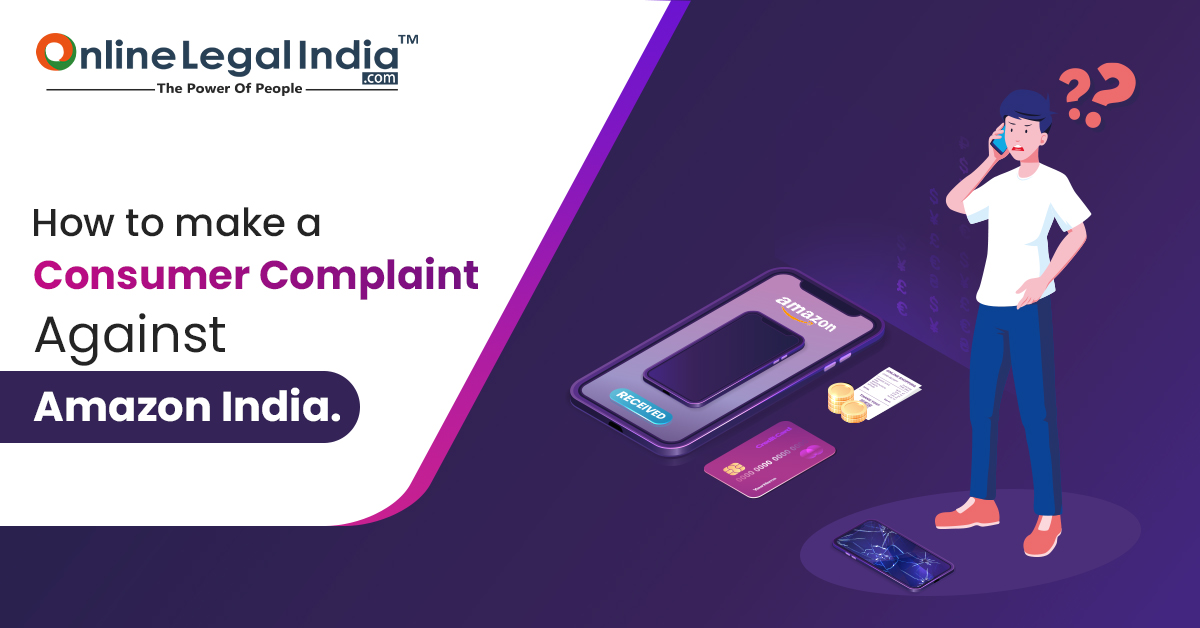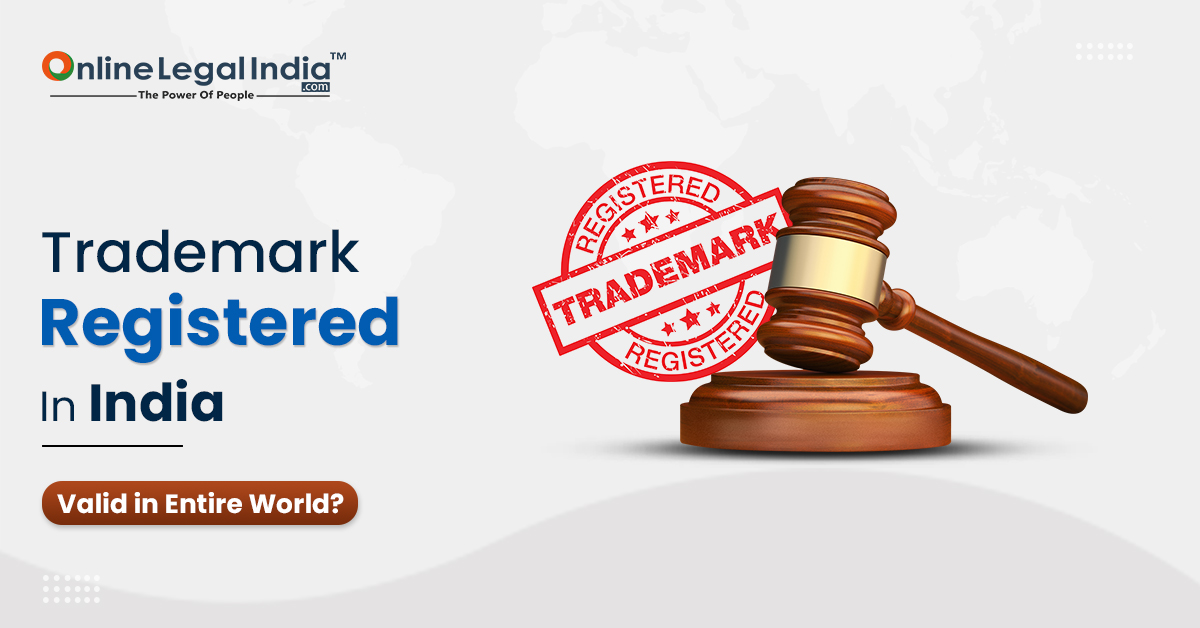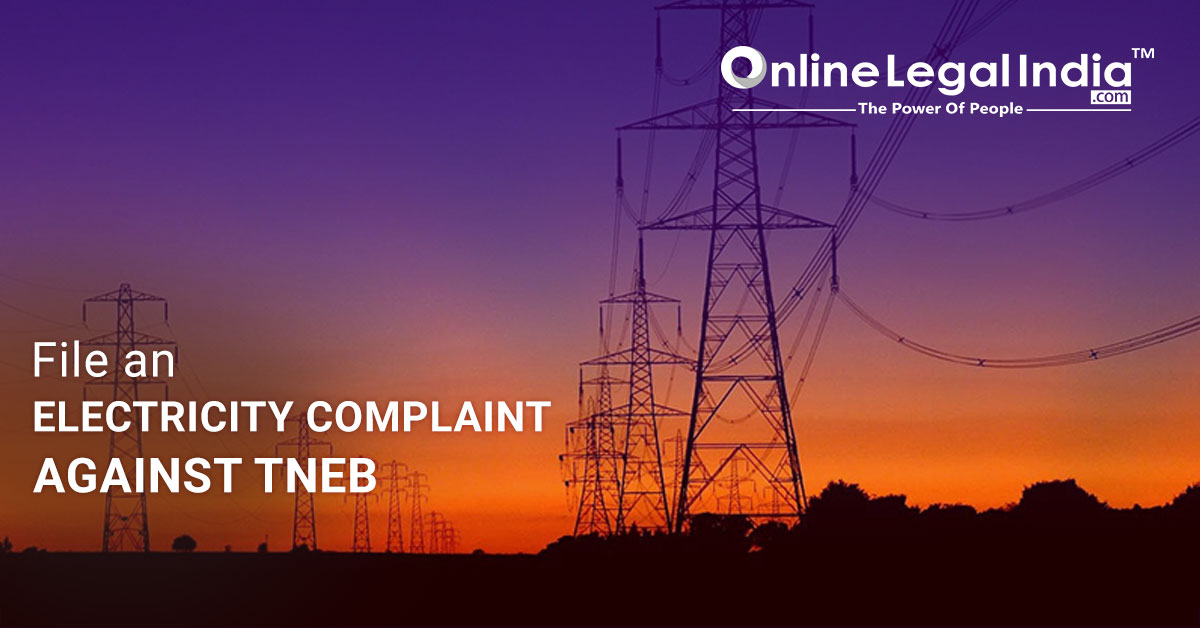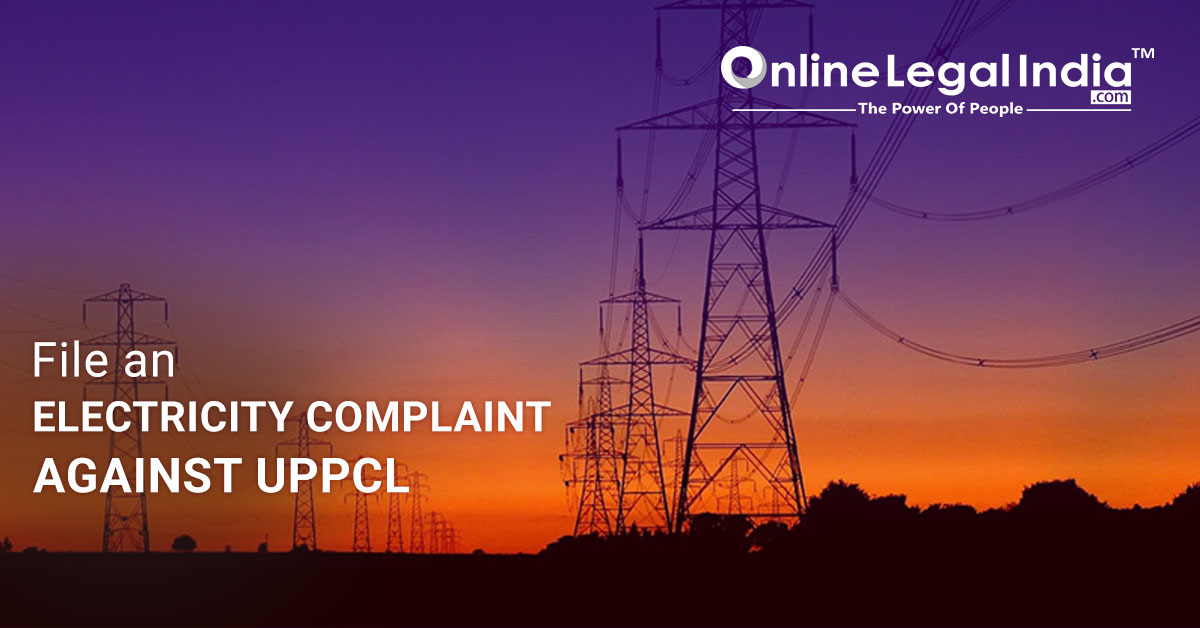My name is shivam sinha this is for the testing purpose
11 Feb, 2023

 By Ankar Kapuria
Published On 02 Dec 2020
Updated On 08 Jan 2022
Category IEC
By Ankar Kapuria
Published On 02 Dec 2020
Updated On 08 Jan 2022
Category IEC
Fast-moving consumer goods (FMCG), are also called consumer packaged goods (CPG), are sold quickly and relatively low. Few examples of FMCG are packaged foods, beverages, toiletries, candies, cosmetics, over-the-counter drugs, dry goods, and other consumables.
In recent times, the foreign market is witnessing a notable demand for FMCG products and thus it is recommended for every Indian FMCG business owner to incorporate an FMCG Export business by registering the required licenses.
Indian business personnel willing to step a foot forward in the foreign market with an FMCG Export business is mandated to register for a few licenses. The particular operation is overviewed by the Ministry of Corporate Affairs (MCA) of the Indian Govt.
The required Licenses are namely:
• Customs authorities need it to clear shipments during imports.
• The Bank needs to transfer the money when imports are made.
• Similarly, during the export shipments, the IEC is a must.
• During the time of receiving the money in another country's currency, as per the exporter, the IEC code must directly transfer the funds to his/her account.
If you plan to enhance your FMCG business from India to other countries, it is mandatory to own an Import Export Code.
Trust the market leaders regarding the Import Export Code and register your entity easily online in a matter of minutes with our team of qualified experts and more than 1,20,000 satisfied consumers from every corner of India.
Apart from earning your unique Import Export Code, the country's business solution platform Online Legal India™ will help get your company registered under the Indian Govt and enroll your entity in the GST Taxation system.

My name is shivam sinha this is for the testing purpose
11 Feb, 2023

How to Check the Trademark Application Status in India?
23 Jun, 2022

Trademark Class 35: What Does It Include?
17 Jun, 2022

How Do I Make a Consumer Complaint Against Amazon?
17 Jun, 2022

Trademark Registered in India - If Applicable All Over the World?
17 Jun, 2022

Consumer Complaint against Tamil Nadu Electricity Board TNEB
30 Nov, 2020

How to Take Legal Action against Mental Harassment in India?
07 Nov, 2020

UPPCL Uttar Pradesh Power Corporation Ltd. Complaint Filing
19 Nov, 2020

How to File a Complaint Online at Consumer Court?
27 Nov, 2020

Online Complaint Filing against Hero Motocorp
04 Dec, 2020